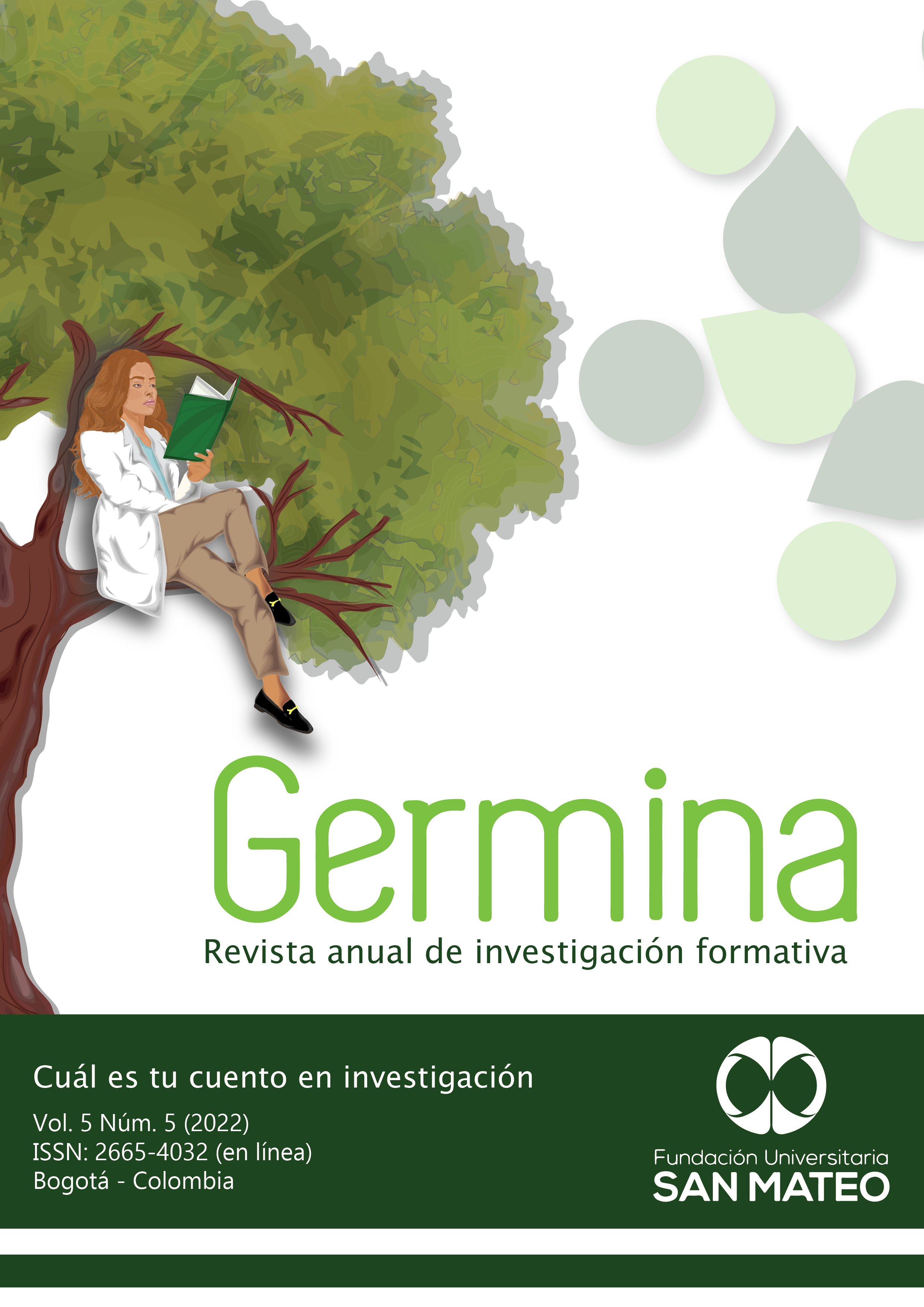Bilingual Educative Gap: A Socioeconomic View
Contenido principal del artículo
Resumen
Bilingual educational inequality in Colombia presents deficiencies around lack of infrastructure, resources, student permanence, among others. Therefore, the objective of this research was to analyze the differences between public and private education based on the results obtained in the Saber 11 tests, created by Colombian Institute for the Evaluation of Education (ICFES) in the area of English, in the last ten years (2010-2020) in Bogota and Medellin. This paper used mixed research as methodology, with a correlational method and a post-positivist paradigm employed in order to detect educational gaps and strategies to enhance bilingual competencies in the two educational sectors. The findings showed that public education has shortcomings in the performance of language skills as opposed to private academies and that the policies of the bilingualism plan policies should develop technological and innovative strategies that contribute to the optimization of the language level.
Descargas
Detalles del artículo

Esta obra está bajo una licencia internacional Creative Commons Atribución-NoComercial-SinDerivadas 4.0.
Citas
Cortés, J. y González, D. (2022). Análisis estadístico del proyecto La brecha de la educación pública y la educación privada con base al puntaje obtenido en las pruebas ICFES Saber 11 en el área de inglés. Universidad ECCI.
Creswell, J. (2011). Educational research: planning, conducting and evaluating quantitative and qualitative research (4 ed.). Pearson Education International.
Díaz, L. T. (2013). La entrevista, recurso flexible y dinámico. Investigación en educación médica, 2(7), 162-167.
Díaz, C. M. y Sanhueza, M. G. (2010). La enseñanza y aprendizaje del inglés en el aula: una mirada a las cogniciones pedagógicas de un grupo de jóvenes estudiantes de pedagogía Investigación y Postgrado, 25(2-3), 47-72.
Gómez, M., R. (2018). Tensions Between Private and State Education in Colombia. Revista Praxis, 18/(22). https://doi.org/10.26620/uniminuto.praxis.18.22.2018.85-105
Joya, C. & Cerón, A. (2013). Reflections on the Process of Bilingual Education in Latin America: A Perspective from Globalization. GIST – Education and Learning Research Journal, (7), 230-244. https://latinjournal.org/index.php/gist/article/view/616
López, Á., Virgüez, A., Silva, C. y Sarmiento, J. (2017). Desigualdad de oportunidades en el Sistema de educación pública en Bogotá, Colombia. Lecturas de Economía, (87). https://doi.org/10.17533/udea.le.n87a06
Martín, F. (2008). Spanish Background on Public and Private Schools ¿Conflict or complementarity? Foro de Educación, 6(10), 111-132. https://forodeeducacion.com/ojs/index.php/fde/article/view/152
Meza, D. (2016). Algunos factores que influyen en los resultados de las pruebas estandarizadas y censales. Redipe, 5(3), 136-145. https://revista.redipe.org/index.php/1/article/view/59
Mora, R., Chiquito, T. & Zapata, J. D. (2019). Bilingual Education Policies in Colombia: Seeking Relevant and Sustainable Frameworks for Meaningful Minority Inclusion. En G. Guzmán, Bilingualism and Bilingual Education: Politics, Policies and Practices in a Globalized Society (pp. 55-77). Springer.
Rojas, A. (2018). Estrategias de aprendizaje para mejorar los resultados de las pruebas SABER PRO en inglés [Trabajo de especialización, Universidad La Gran Colombia]. Repositorio Institucional. http://hdl.handle.net/11396/4700
Rozo, J. (2017). La educación secundaria y sus dos dimensiones. Efectos del barrio y del colegio sobre los resultados Saber 11. Revista Economía del Rosario, 20(1). https://doi.org/10.12804/revistas.urosario.edu.co/economia/a.6148
Salas, D. (2019, junio 4). El enfoque mixto de investigación: algunas características. Investigalia. https://investigaliacr.com/investigacion/el-enfoque-mixto-de-investigacion/

